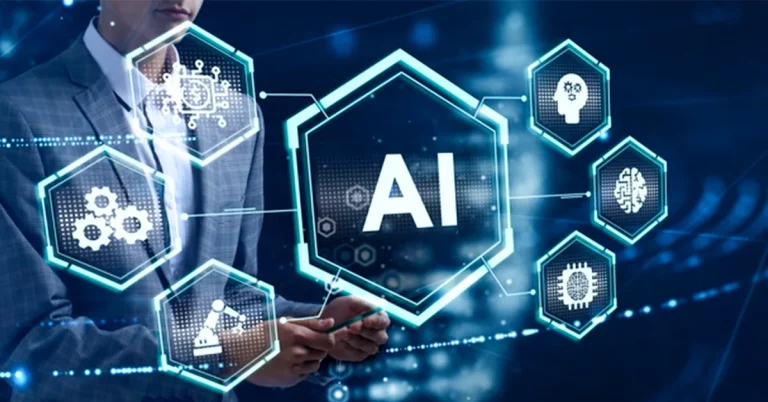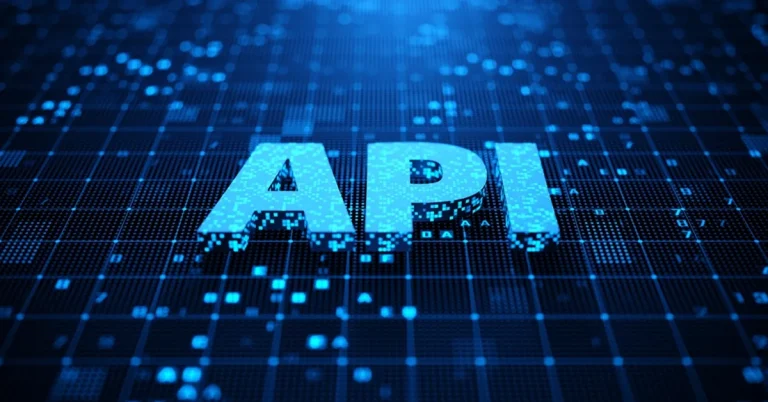Artificial intelligence (AI) is quickly reshaping our world. From self-driving cars to virtual assistants, AI is having a major impact on our lives. And as AI continues to develop, its potential to revolutionize even more industries and aspects of our lives is immense. In this blog post, we will explore some of the trends and implications of AI for the future. We will discuss the following topics:
- The rise of artificial general intelligence
- The development of new AI applications
- The impact of AI on society
- The ethical implications of AI
- The revolution in the world and technology after the arrival of AI
The rise of artificial general intelligence (AGI):
One of the most exciting trends in AI today is the development of artificial general intelligence (AGI). AGI is a type of AI that would have the ability to understand and reason like a human. AGI is still a long way off, but it is an area of research that is attracting a lot of attention.
If AGI is achieved, it would have a profound impact on the world. Artificial General Intelligence (AGI) has the potential to address some of the world’s most urgent issues, including climate change and poverty. It could also be used to create new and innovative products and services.
The development of new AI applications:
In addition to AGI, there are a number of other exciting AI applications that are being developed today. These applications include:
- ChatGPT and Bard: ChatGPT and Bard are large language models (LLMs) that have been developed by OpenAI and Google AI, respectively. LLMs are a type of AI that can generate text, write different kinds of creative content, translate languages and answer your questions in an informative way. ChatGPT and Bard are still in the developmental stage, yet they hold the potential to revolutionize the way we engage with computer systems.
- Self-driving cars: Self-driving cars are already undergoing road testing, and they possess the potential to revolutionize the transportation industry. They have the capacity to enhance safety, efficiency, and accessibility in transportation.
- Virtual assistants: Virtual assistants, such as Apple Siri and Amazon Alexa are becoming increasingly popular. Virtual assistants can help us with a variety of tasks, such as making appointments, playing music, and setting alarms.
- Robotics: Robotics is another area of AI that is seeing rapid development. Robots are being used in a variety of industries, such as manufacturing, healthcare, and customer service. Robots can automate tasks, improve efficiency, and provide better customer service.
The impact of AI on society:
The development of AI will have a profound impact on society. AI could lead to new jobs, new industries, and new ways of living. However, AI could also lead to job losses, social unrest, and ethical concerns.
It is important to be aware of the potential impact of AI on society, and to develop policies and regulations that will ensure that AI is used in a safe and ethical way.
The revolution in the world and technology after the arrival of AI:
The arrival of AI is already having a profound impact on the world and technology. AI is being used to develop new products and services, to improve efficiency and automate tasks. In the future, AI is likely to have an even greater impact on the world, as it is used to solve some of the world’s most pressing problems and to create new and innovative products and services. Here are some of the ways that AI is already revolutionizing the world and technology:
- Healthcare: AI is being used to develop new diagnostic tools, improve patient care and personalize treatment plans. For example, AI-powered chatbots can provide 24/7 support to patients, and AI-powered image recognition systems can help doctors to diagnose diseases more accurately.
- Transportation: AI is being used to develop self-driving cars, which have the potential to make transportation safer, more efficient, and more accessible. AI is also being used to optimize traffic flow and to improve public transportation.
- Manufacturing: AI is being used to automate tasks in manufacturing, which can improve efficiency and reduce costs. AI is also being used to develop new products and processes, which can lead to innovation.
- Customer service: AI is being used to develop chatbots and other tools that can provide customer service 24/7. These tools can answer customer questions, resolve issues, and even make sales.
- Education: AI is being used to create personalized learning experiences for students for better learning. AI-powered tutors can provide individualized instruction, and AI-powered assessment tools can help teachers to track student progress.
In the future, AI is likely to have an even greater impact on the world, as it is used to solve some of the world’s most pressing problems and to create new and innovative products and services.
Conclusion:
The future of AI is full of possibilities. As AI continues to develop, it has the potential to revolutionize many industries and aspects of our lives. It is important to be aware of the ethical implications of AI, and to ensure that AI systems are developed and used in a way that is ethical and responsible.




